Trauma Profiteering in Jordan Peele's 'Nope'
Nope succeeds tremendously in dealing with higher concepts in an engaging and highly entertaining manner without sacrificing theme or personality.
Incluvie – Better diversity in movies.
Identity in film through scores, reviews, and insights.
Incluvie – Better diversity in movies.
Explore identity in film through scores, reviews, and insights.
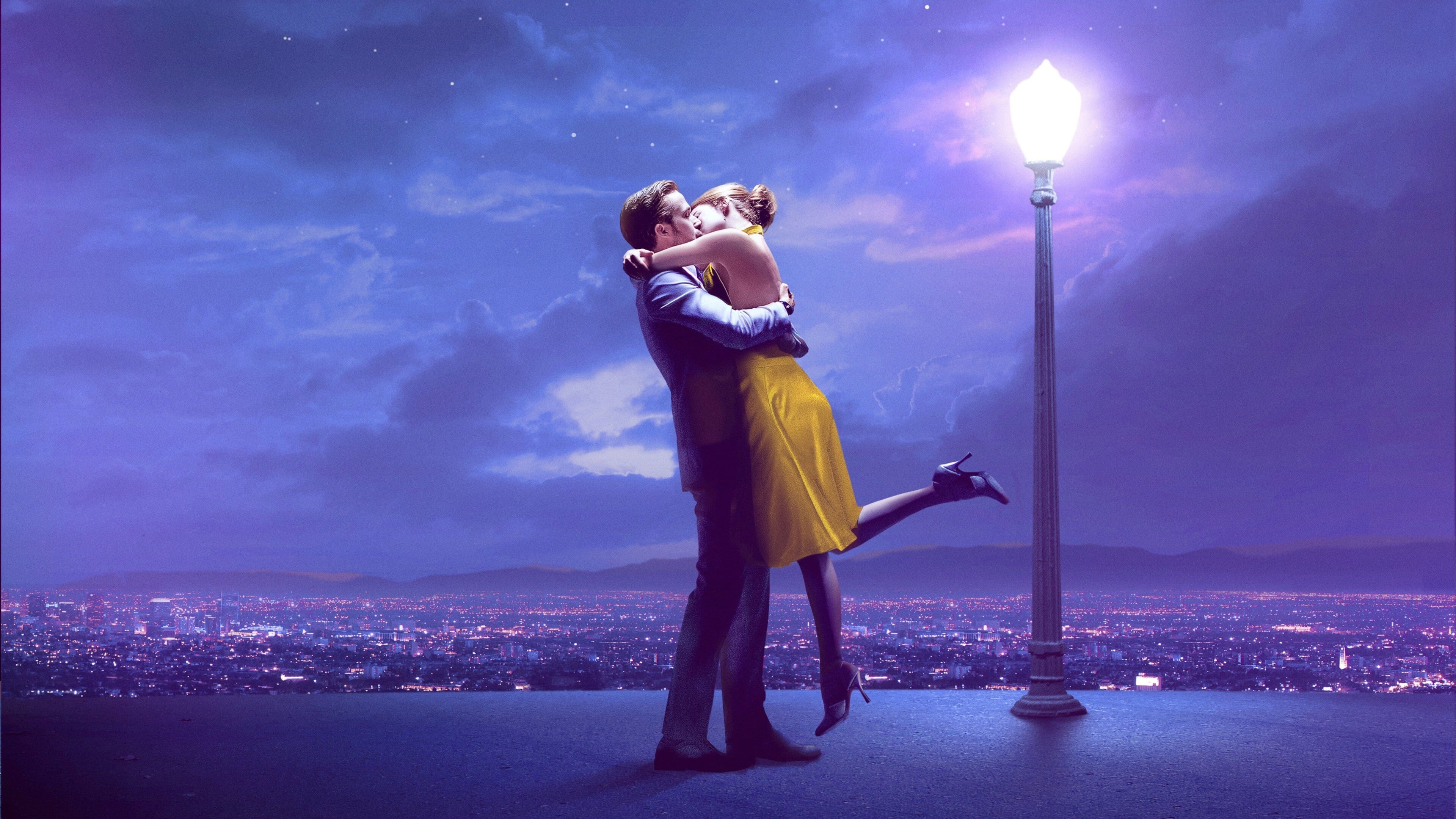

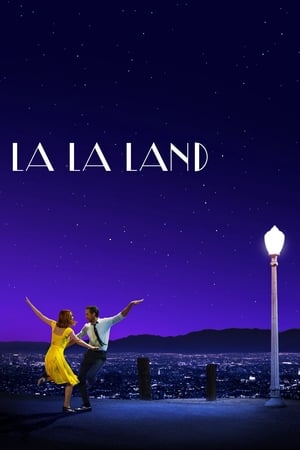


Babylon is grand and exhilarating. At 3 hours and 15 minutes, it’s a journey one has to brace themselves for. In fact, due to its length, I’ve avoided watching it over these past eight months because I knew it needed my full attention and focus, as well as my patience.
I like director Damian Chazelle. Whiplash and La La Land are two excellent films. And while I knew very little about Babylon while it was being marketed late last year aside from the fact that it took place in "old" Hollywood, I suspected something exceptionally creative and ambitious. And that is precisely what Babylon was. While I found the third act to be somewhat underwhelming, it did not detract from the beginning parts of the film which were exciting, original, and highly entertaining.
One thing that came up throughout the movie was my questioning of its authenticity. More specifically, its historical accuracy. There is excess and debauchery in abundance during the Silent Era which is primarily when the film takes place.
There is also notable diversity. Babylon shows a highly successful Black male musician, a Latino film executive, and an Asian singer. They all work and party together in orgiastic fashion. Late 1920s Hollywood was many things, but ethnically diverse and equal in opportunity, I am not so sure. Babylon subtly addresses that fact. There are scenes of racism making it clear that this isn’t necessarily some idealized utopia for dreamers and ambitious types. Or is it?
Every cinephile will remember where they were when Moonlight (2016) won Best Picture. I was watching that year’s Oscars ceremony at a screening hosted by my college. Once midnight hit, with only a couple of awards left, they had to kick everyone out of the building. I raced back to my dorm and turned on the TV in the common room. “And the Academy Award for Best Picture goes to… La La Land!” Satisfied, I walked away from the TV, heading to my room.
“Wait! There’s been a mistake!” I rushed back to the TV, and watched cinema history unfold before my very eyes. Moonlight had won Best Picture; to think I would have missed this historic moment had I kept walking back to my room. Moonlight is a film that will certainly be remembered for how it won Best Picture, but the movie itself is excellent. As Pride Month closes out, I wanted to take a look at this film, celebrating LGBTQ+ and Black pride.
Written and directed by Barry Jenkins, Moonlight tells the story of Chiron at three different stages in his life: as a kid (Alex R. Hibbert), as a teenager (Ashton Sanders), and as an adult (Trevante Rhodes). The film explores his relationships, his sexuality, and the people who helped shape him into the person he ultimately becomes.
Jenkins approaches Moonlight by going for profound realism; the substantive nature of the film comes from its ability to capture the authenticity of people’s lives. In terms of a narrative, there isn’t too much that happens in the movie. Instead, its power comes from following one man throughout his life, and seeing how he changes and evolves. There is an inherent beauty in the subtle mundanity of watching someone grow up and mature. What makes Moonlight particularly special is it is showing the life of a gay Black man, which is something we don’t often see portrayed so honestly on screen.
Fast forward to present day and well, the 93rd Academy Awards came and went kind of awkwardly. I must admit, I mostly watched the highlights through Twitter because I haven't been able to sit through the entire program since the La La Land/Moonlight debacle. Even so, under the circumstances of pandemic and social distancing, they still managed to (somewhat) provide the never-ending Hollywood glam fest. With no host, they relied on the presence of previous winners and guests to present. With the limited crowd, it was easier to see the diversity of the nominees this year. And as so many have stated, it was the most diverse set of nominees to date--a fact that the Oscars not only subtly used to their benefit--but also, in my opinion, exploited. But even with the celebration of that feat, a part of me (the most pessimistic side) still felt...well, eh? I ask myself, will this last? Was it really as groundbreaking as it was made out to be? Do we celebrate this as a genuine improvement? Each time someone non white or non male is up for an award, a part of me wonders if this is a true testament of their achievement or is it the Academy trying to boost their inclusivity points? Again and again, it takes me back to 2016: the boycotting of the Oscars and the #OscarsSoWhite campaign that was a continuation of a larger conversation around inequity in Hollywood.
I remember that video of Jada Pinkett Smith talking about her frustration with the lack of nomination for Black people at the Oscars. This conversation included other filmmakers like Ryan Coogler, Spike Lee and together they add to a small number of those who have boycotted the Academy's shows. Then the #OscarsSoWhite started to circle around most social media platforms, boosting the topic on snubs. It came after another very white concentrated list of nominees for the Oscars that year. A lot of people were conflicted on this issue because it seems like "an elite problem." Some people said Jada Pinkett Smith was just griping about her husband not getting the gold man. Others have highlighted the fact that there was also a huge lack of representation for the LGBTQ+ community. Personally, I didn't think Will Smith's performance is the important part of this debate. Don't get me wrong, Will Smith is a great actor as were many of the other potential nominees. Despite the power and money the Smiths and other actors/actresses have, I think the point I wish to save from the rubble of the ongoing messy debate is there are racial disparities in Hollywood performance recognition. The focus is typically on the Oscars because of how famous and reputable they are but it filters through even the more smaller festivals. This shouldn't be mistaken as just a "Black and white thing." This is a privilege thing. All non white, male-dominated communities have suffered the Hollywood standard. I look at it this way: money runs the show, plain and simple. There's a reason why you hear certain actors, actresses and films referred to as "Academy Award Winning" in their promotion. You pay some kind of price to get in there. That's why old money and power have a larger stake in this Hollywood game. It also makes me think about all the years of silence around Harvey Weinstein. If the #meToo movement never happened, how much more silence would there be right now? And a lot of the people who have been a part of building that empire have been frankly white old bigots. Hence, the #OscarsSoWhite tag includes even those so far behind the scenes, we often forget their involvement. Therefore, yes, we can see a change in nominees, a boost in winners; we can see some of them break the barriers--but in my eyes, I still question this visibility. It doesn't necessarily mean the actor/actress/film isn't worthy. But in no way shape or form is it getting more "equal." If we think about what a boycott represents, why it matters, perhaps we can start a conversation on why we still rely on these institutions to change in ways that they were never meant to be in the first place? Never forget the "entertainment" Hollywood was founded on. Maybe its time to start award shows that, in their inception, are meant to uplift and celebrate inclusive stories.
In my opinion, Chadwick Boseman should've won. I enjoy Anthony Hopkins' performances and his film roles are iconic, but the career and influence that Chadwick had and the passion and heartbreak that he poured into his character while also fighting colon cancer...it makes me wince every time. That's a powerful artist. I usually can't help but root for the "underdog," but in this case, I would have never taken Chadwick Boseman to be the underdog. He was the superhero to all superheros. Not only that, but the Academy profited so much off of his posthumous nomination, and they knew it! Why in the name of whoever, would you do Best Actor category last if it wasn't to commemorate Chadwick Boseman? It leaves a sneaky and ugly impression! Then, the show just ended...? They didn't even let Anthony Hopkins give a speech remotely upon his request. And here I thought nothing could get worse than the Moonlight/La La Land situation but--I digress. If the boycott and the #OscarsSoWhite is still saying something, it's saying that it's not only about race and gender, it's about power. What's left is how much of that we uplift ourselves.

Mia, an aspiring actress, serves lattes to movie stars in between auditions and Sebastian, a jazz musician, scrapes by playing cocktail party gigs in dingy bars, but as success mounts they are faced with decisions that begin to fray the fragile fabric of their love affair, and the dreams they worked so hard to maintain in each other threaten to rip them apart.
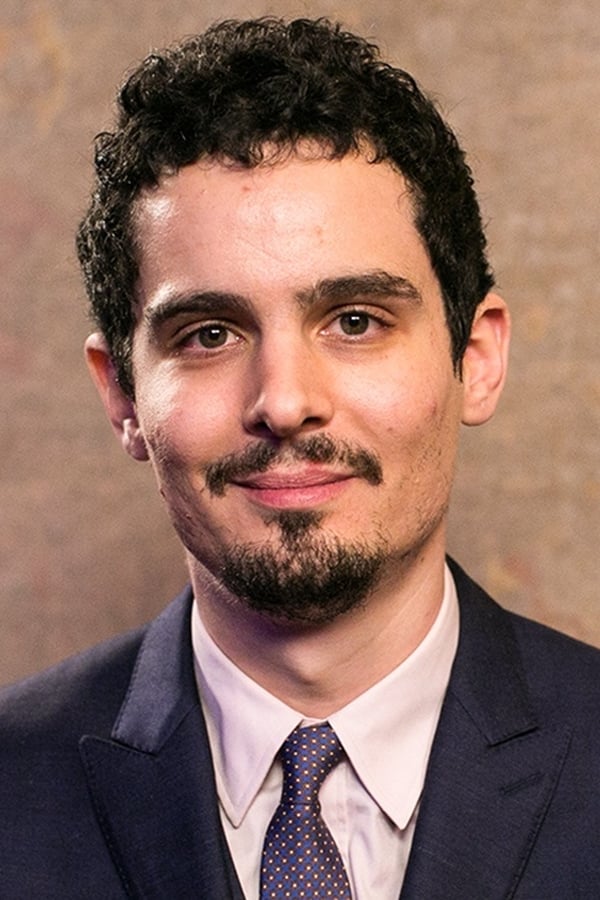
Damien Chazelle
Director

Damien Chazelle
Director

Ryan Gosling
Sebastian
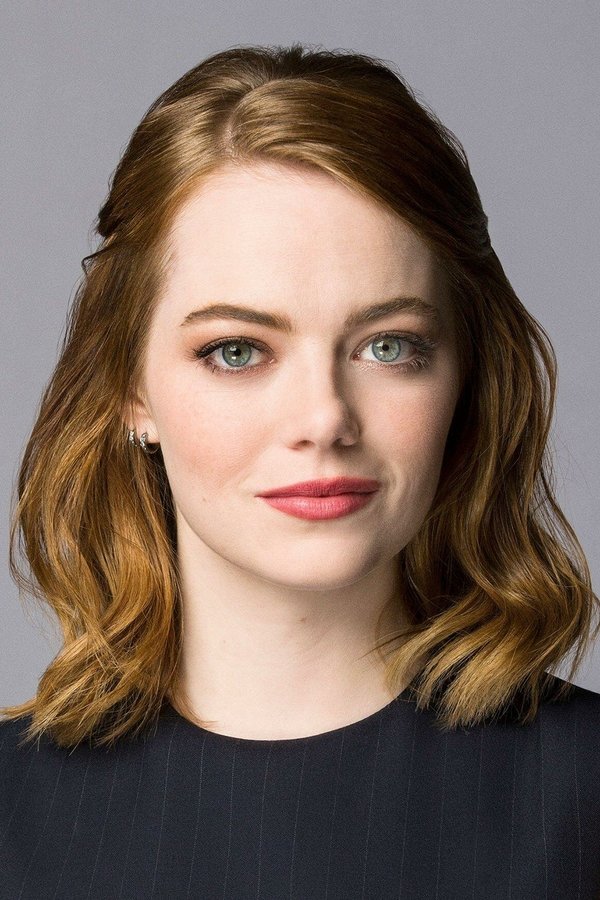
Emma Stone
Mia
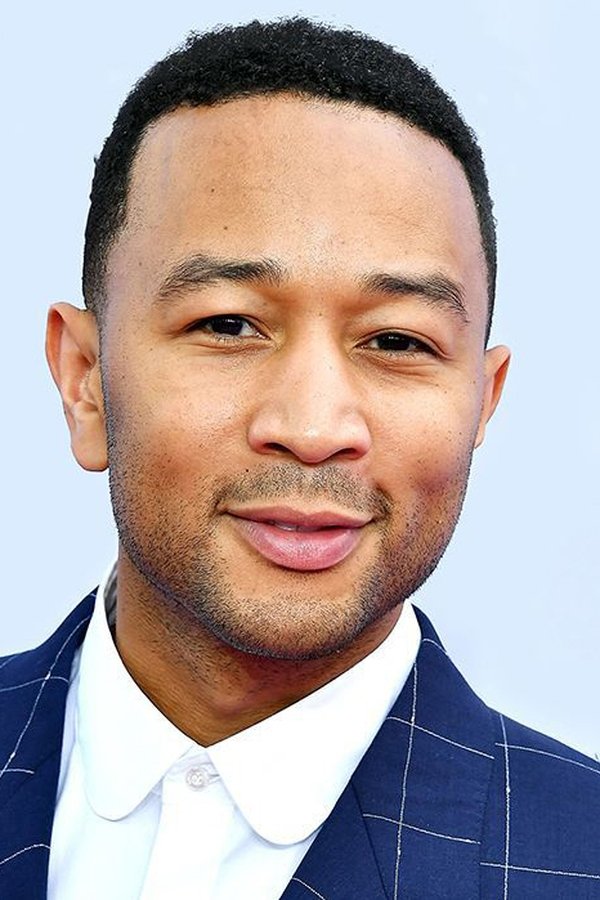
John Legend
Keith

Rosemarie DeWitt
Laura

Finn Wittrock
Greg
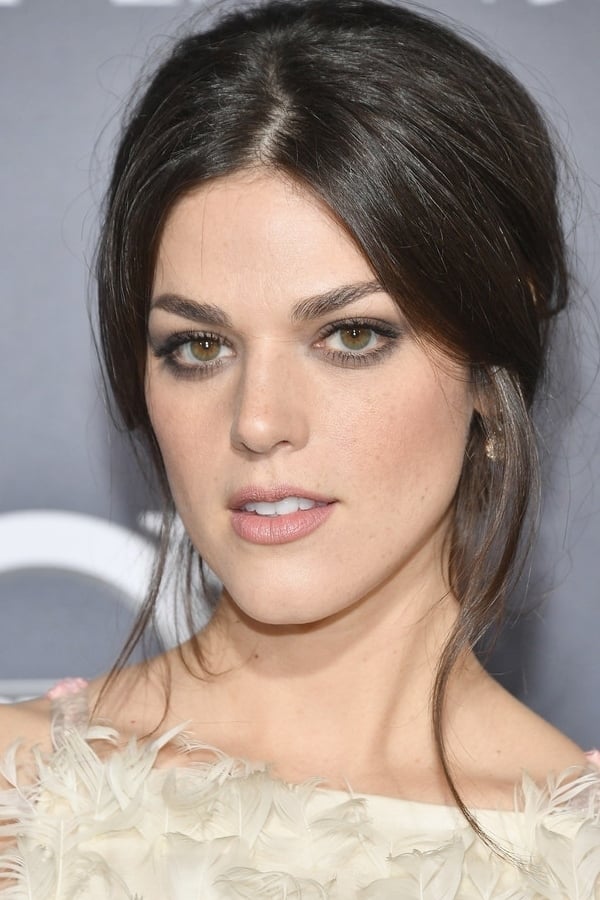
Callie Hernandez
Tracy
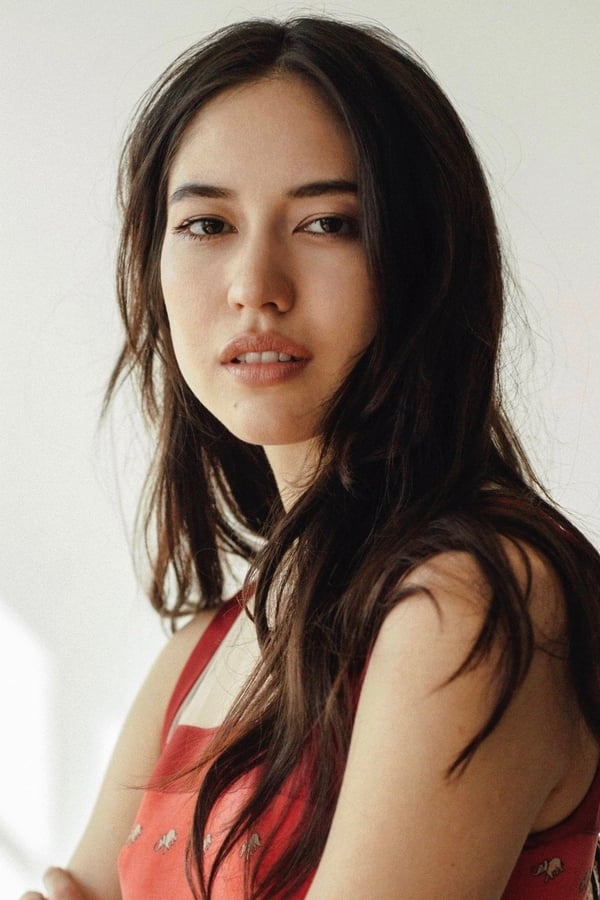
Sonoya Mizuno
Caitlin
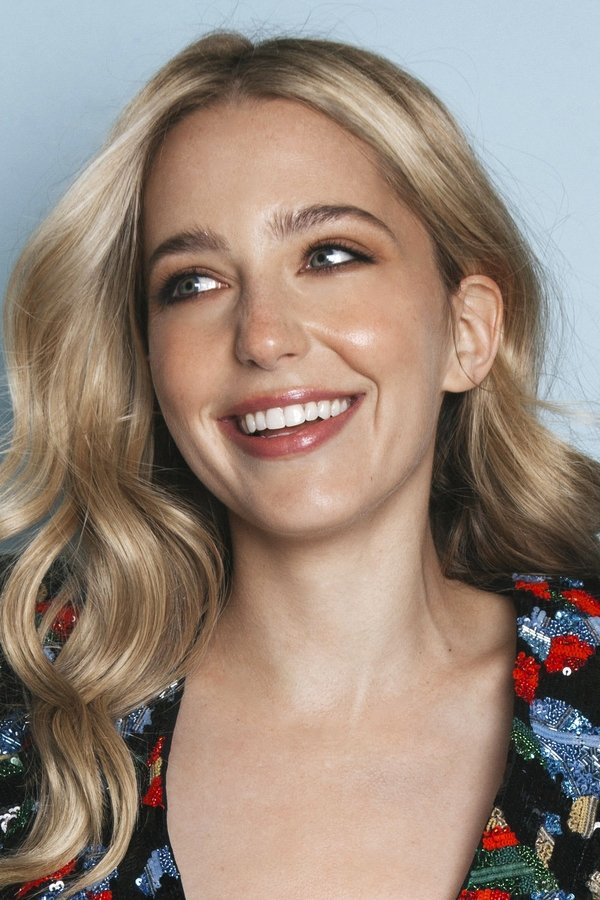
Jessica Rothe
Alexis

Tom Everett Scott
David
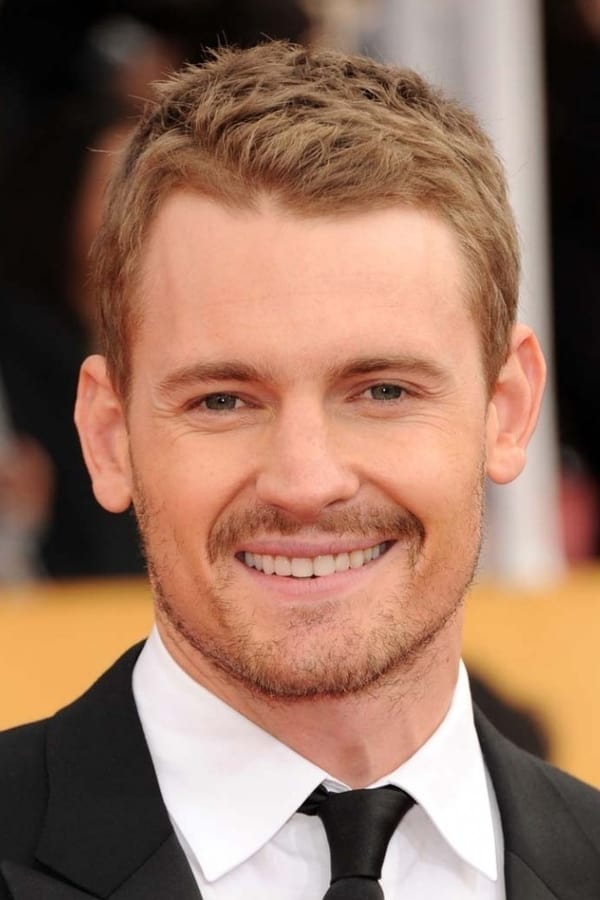
Josh Pence
Josh
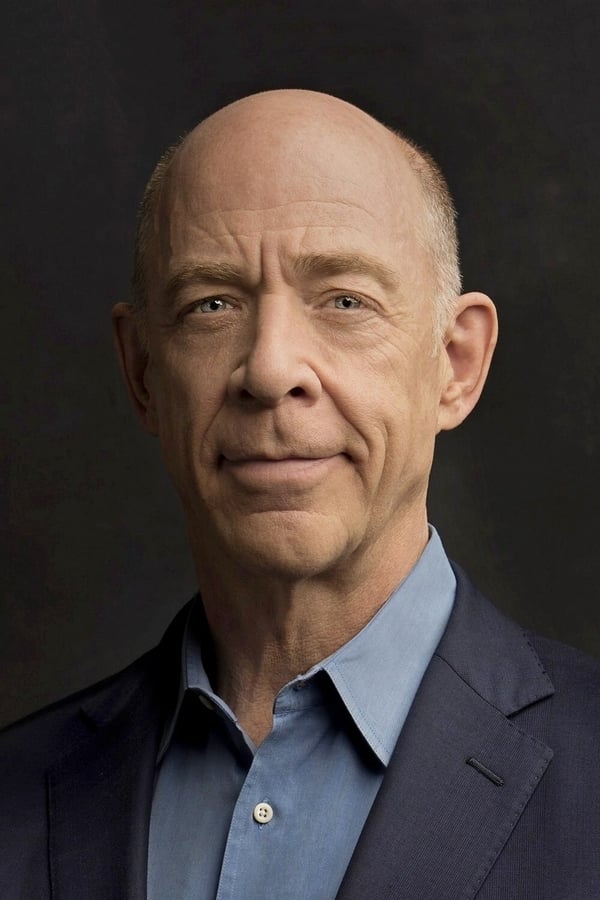
J.K. Simmons
Bill
Nope succeeds tremendously in dealing with higher concepts in an engaging and highly entertaining manner without sacrificing theme or personality.
The Vietnamese perspective is not only completely ignored in 'The Greatest Beer Run Ever', but it is blatantly whitewashed and disrespected.
Who knew a drunken game of truth or dare could launch one of the most chaotic rom-coms of the year? The Threesome takes Connor’s fantasy night with Olivia (Zoey Deutch, in peak queen-of-indie form) and Jenny (Ruby Cruz) and flips it into a deliciously messy nightmare when both women end up pregnant. What follows isn’t cheap comedy—it’s a whip-smart, heartfelt exploration of love, consequence, and the beautiful disasters we call adulthood.